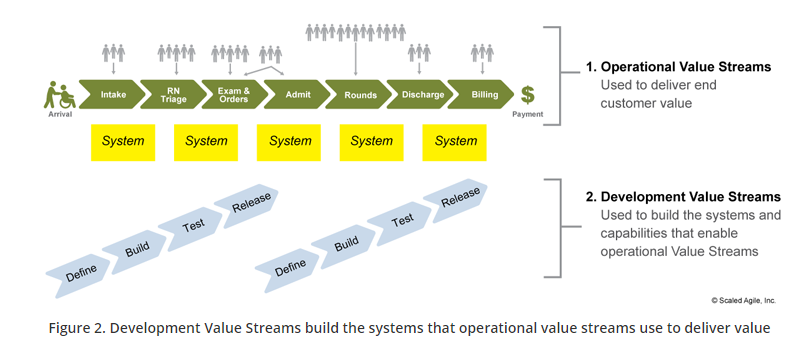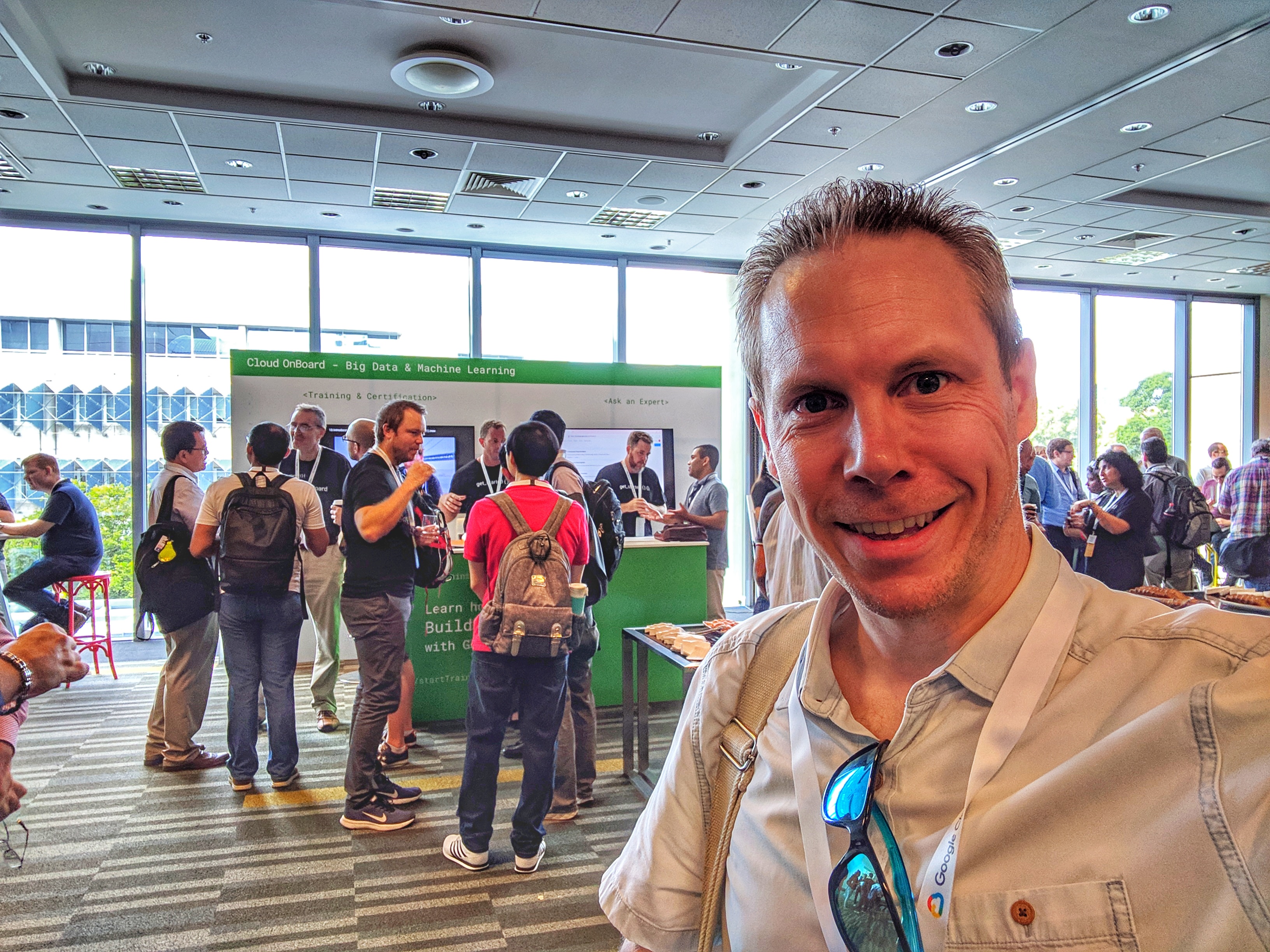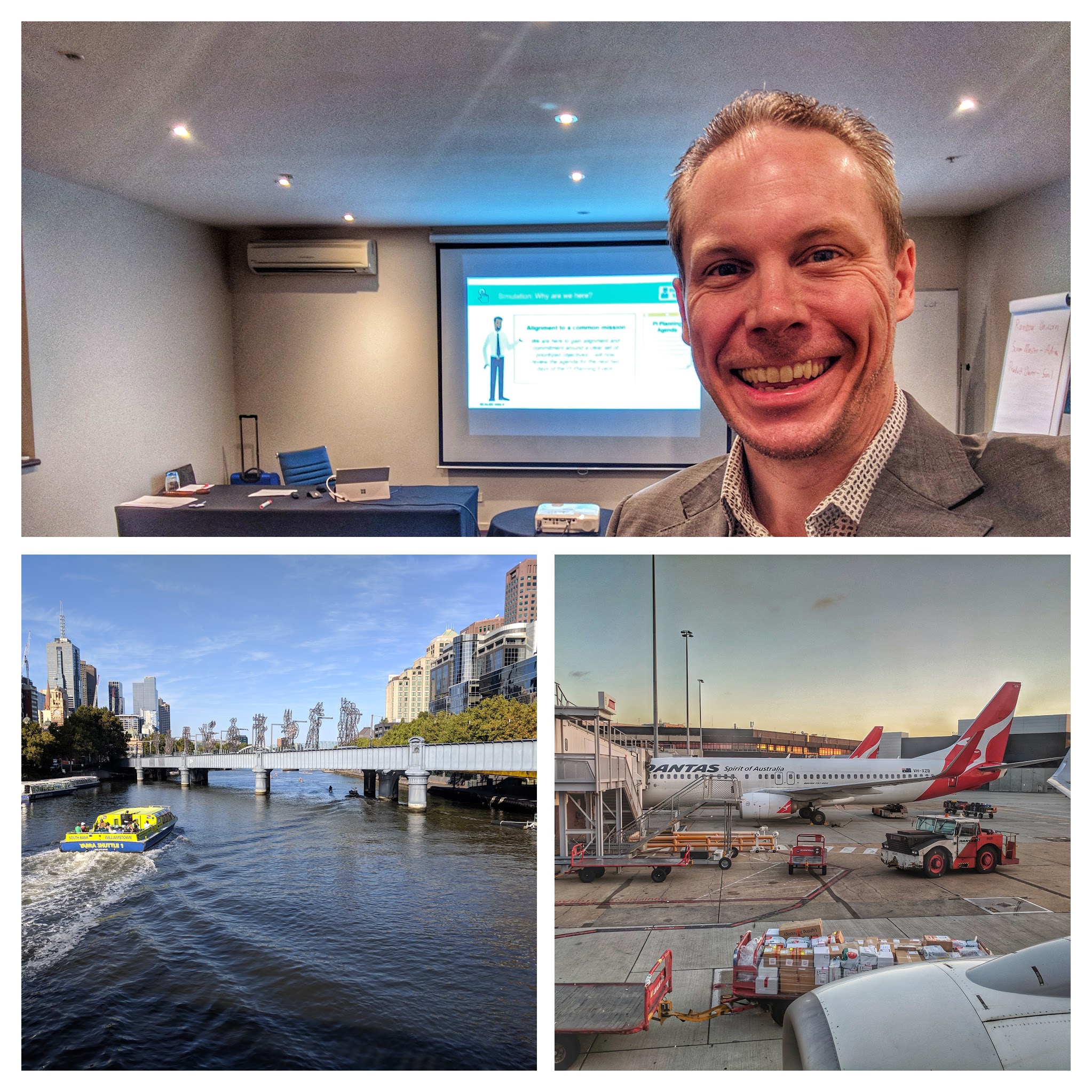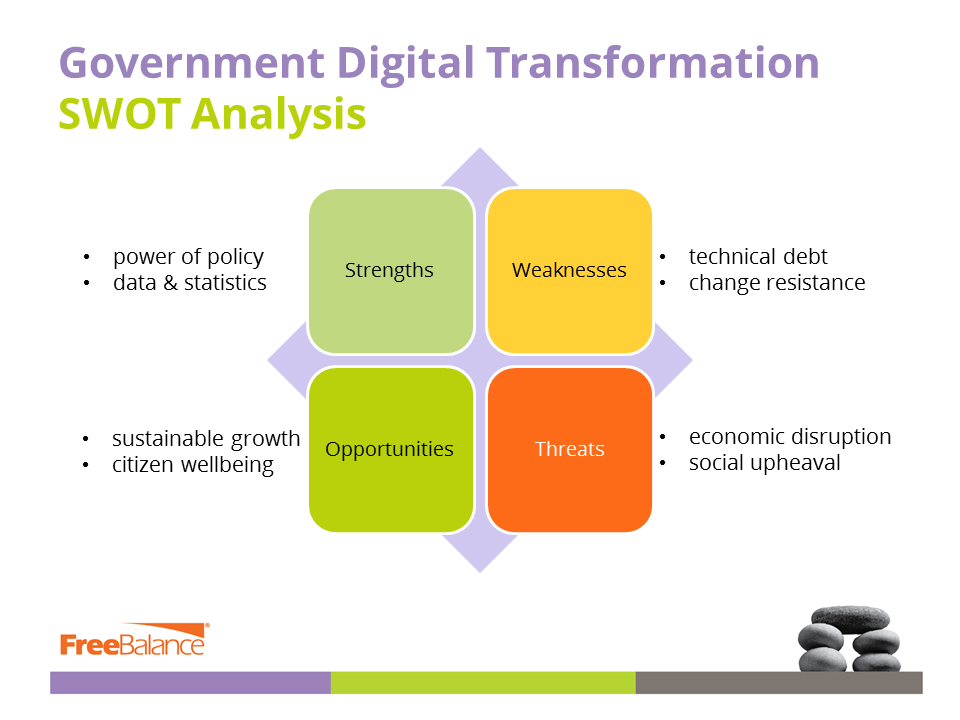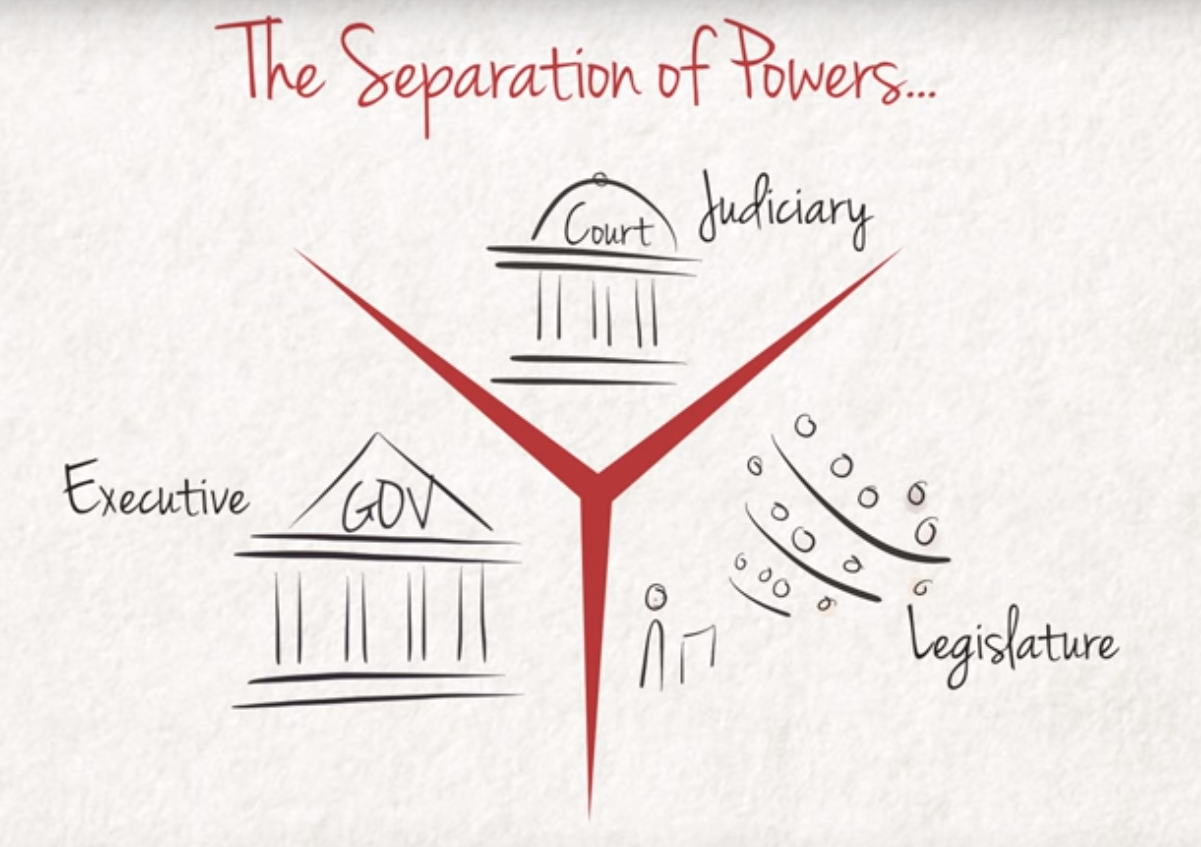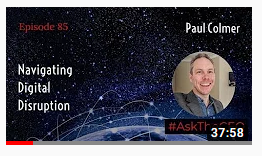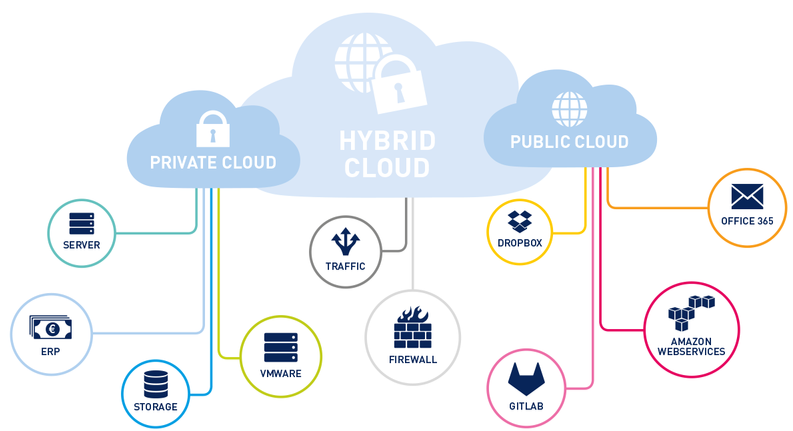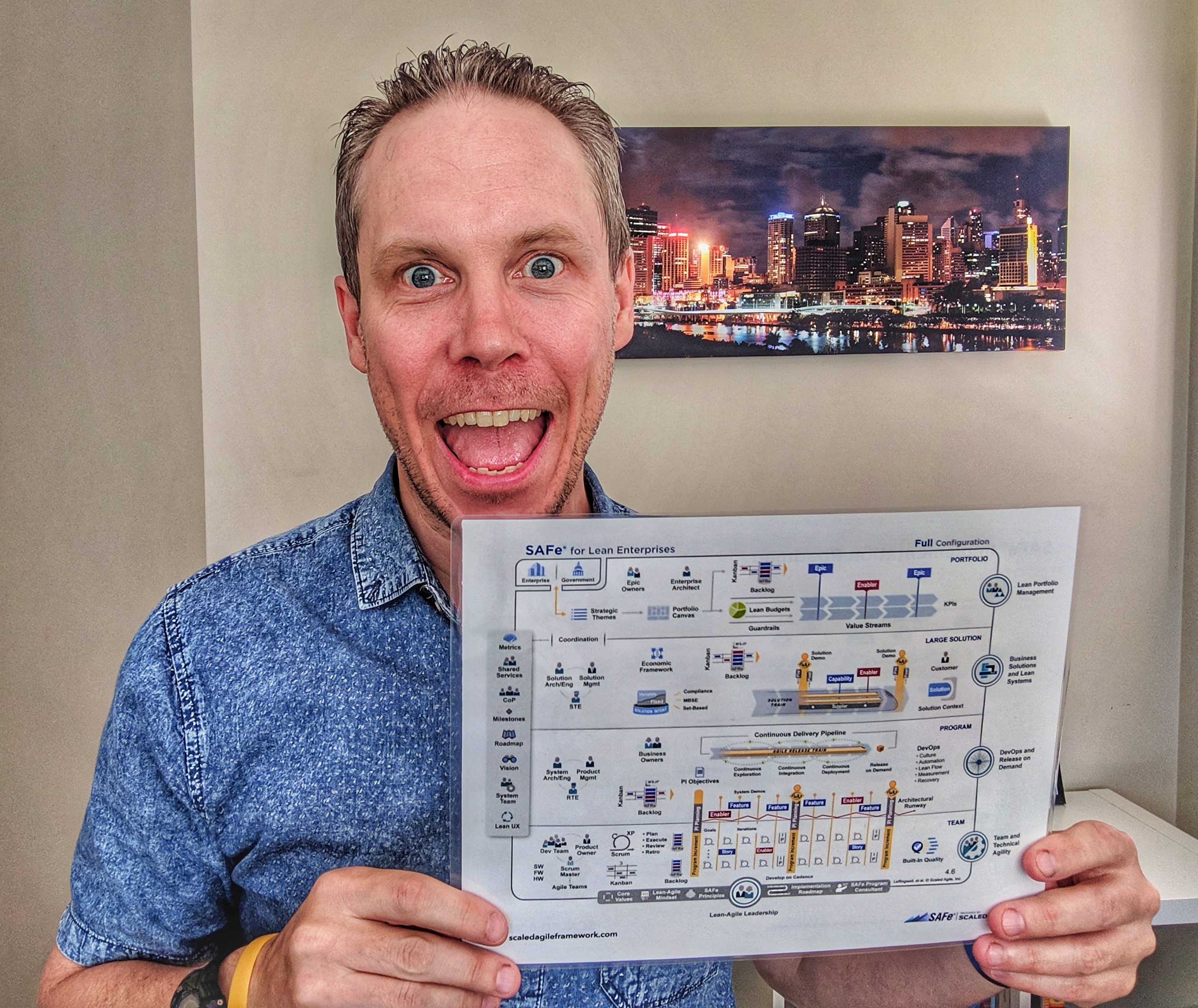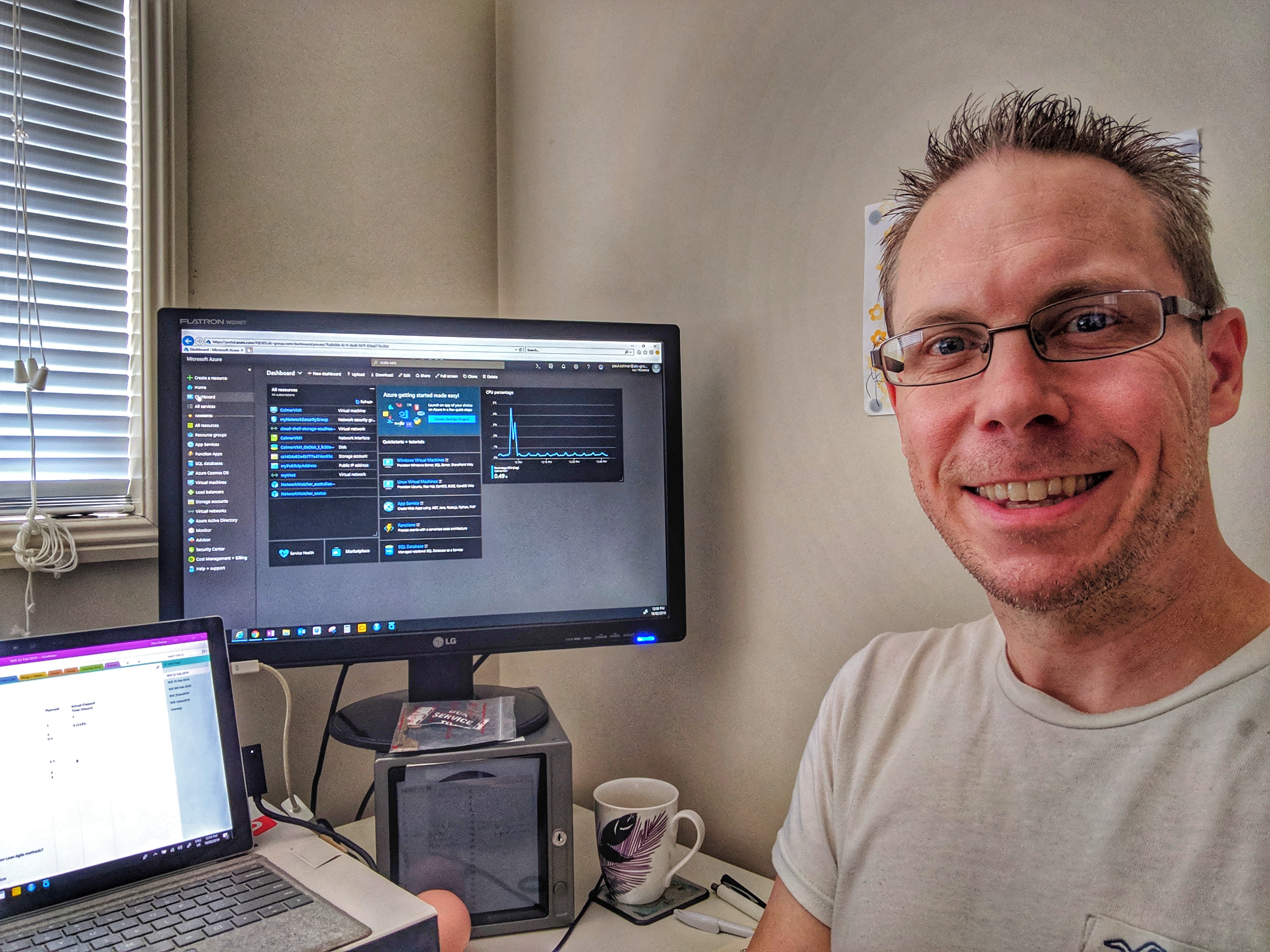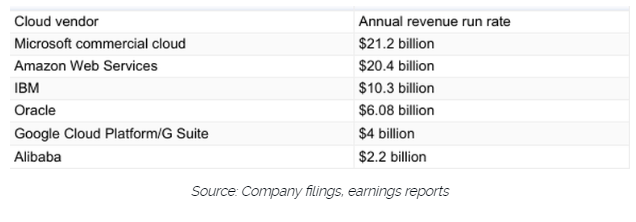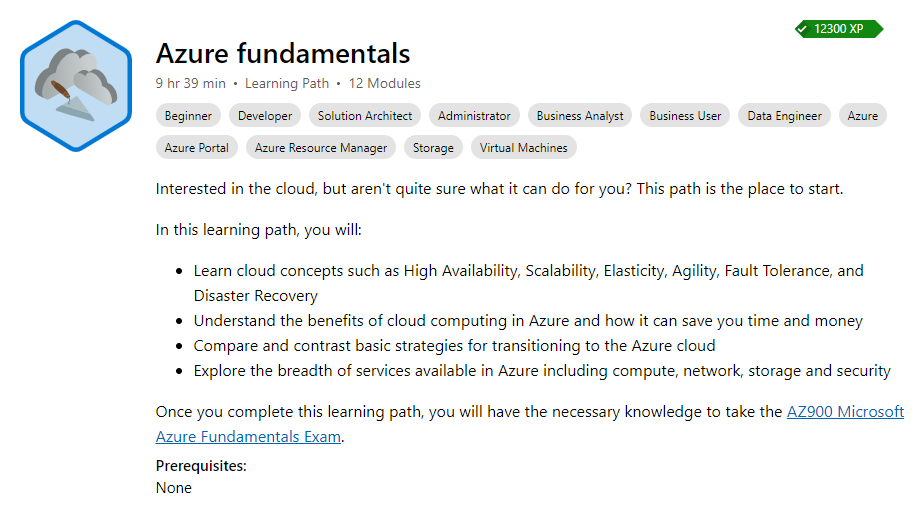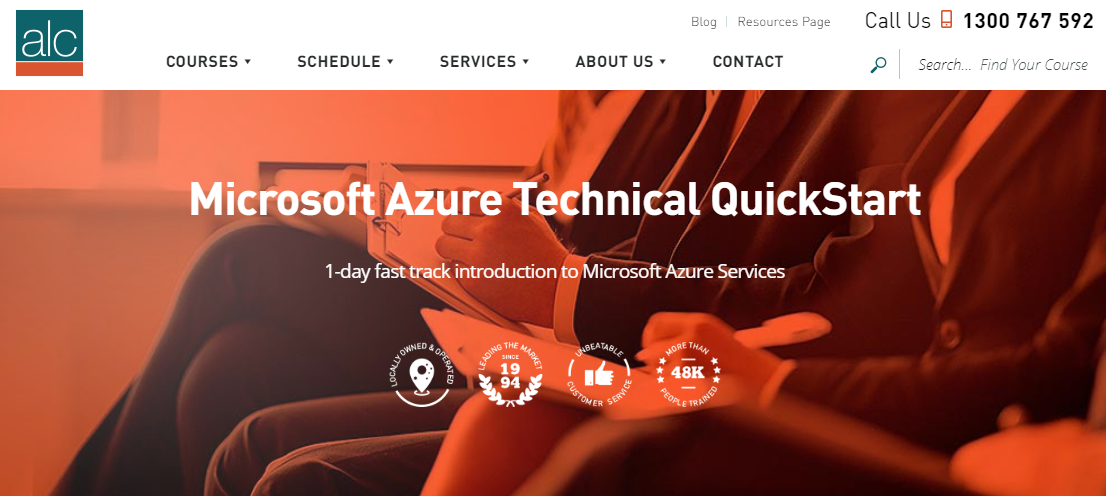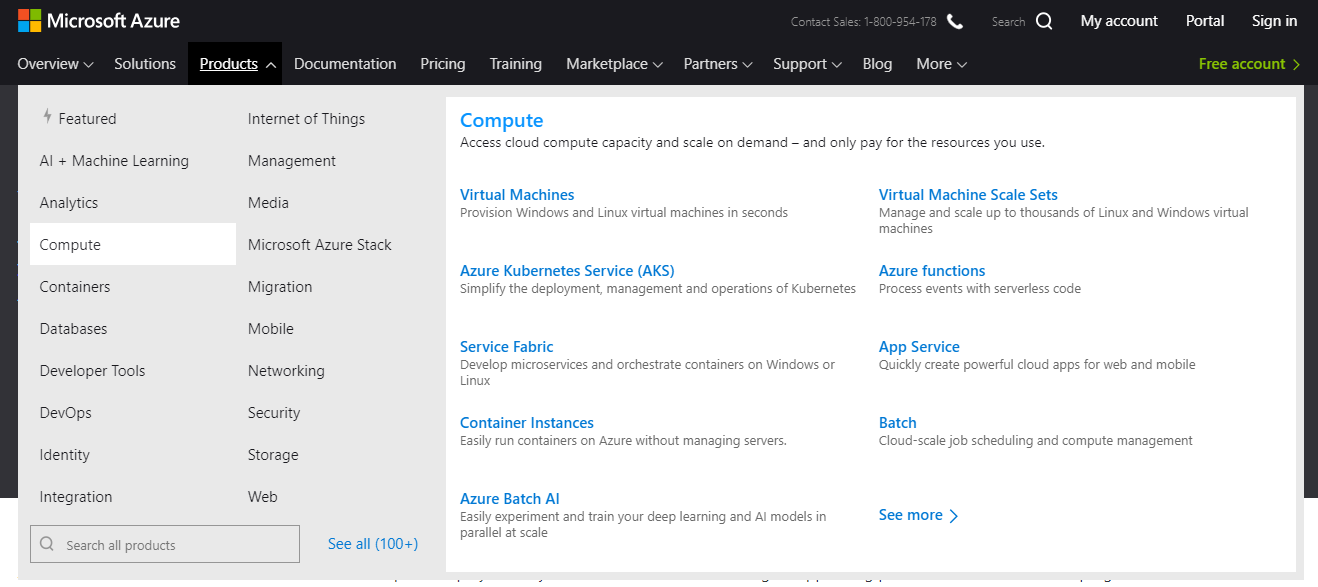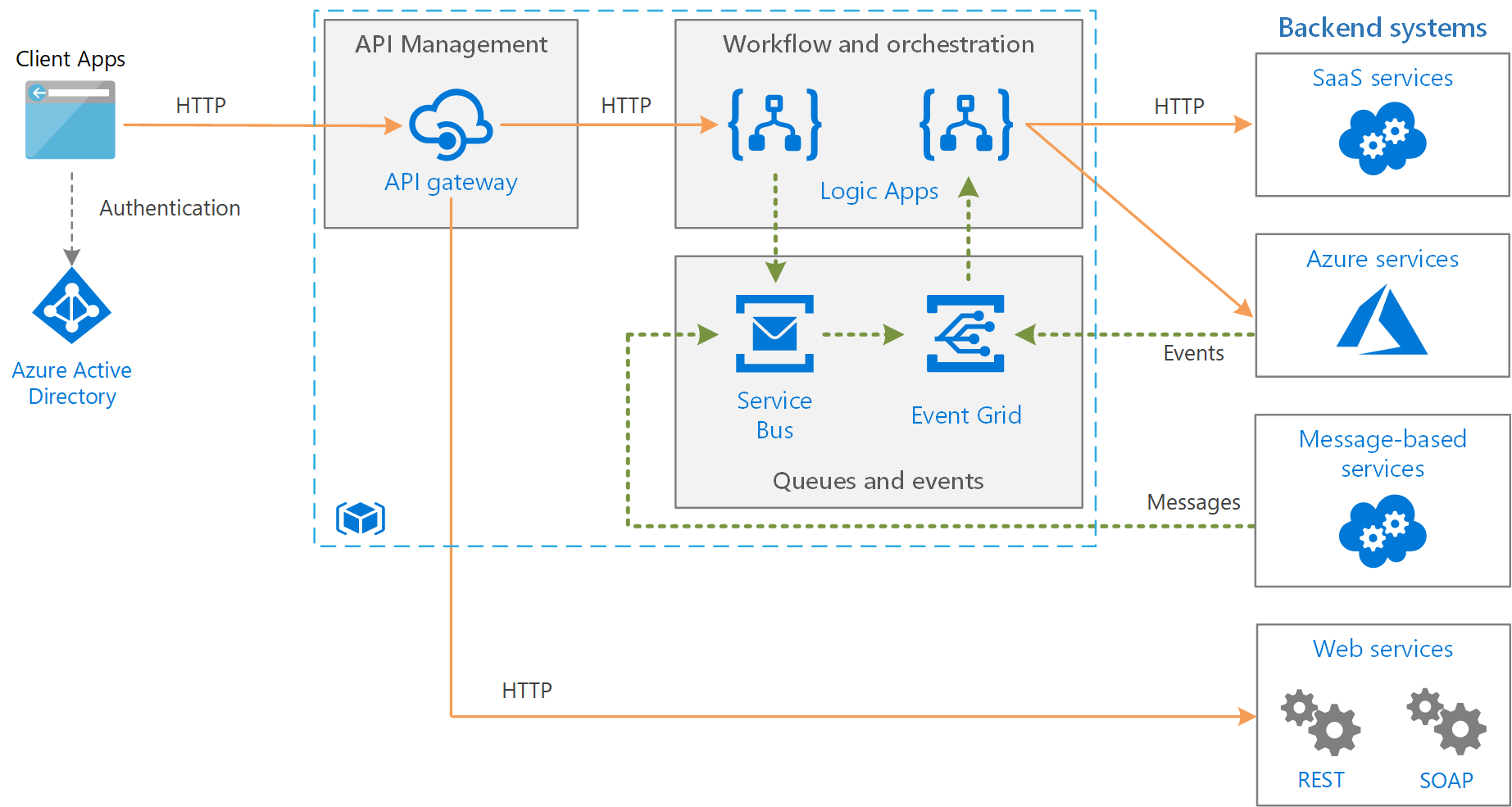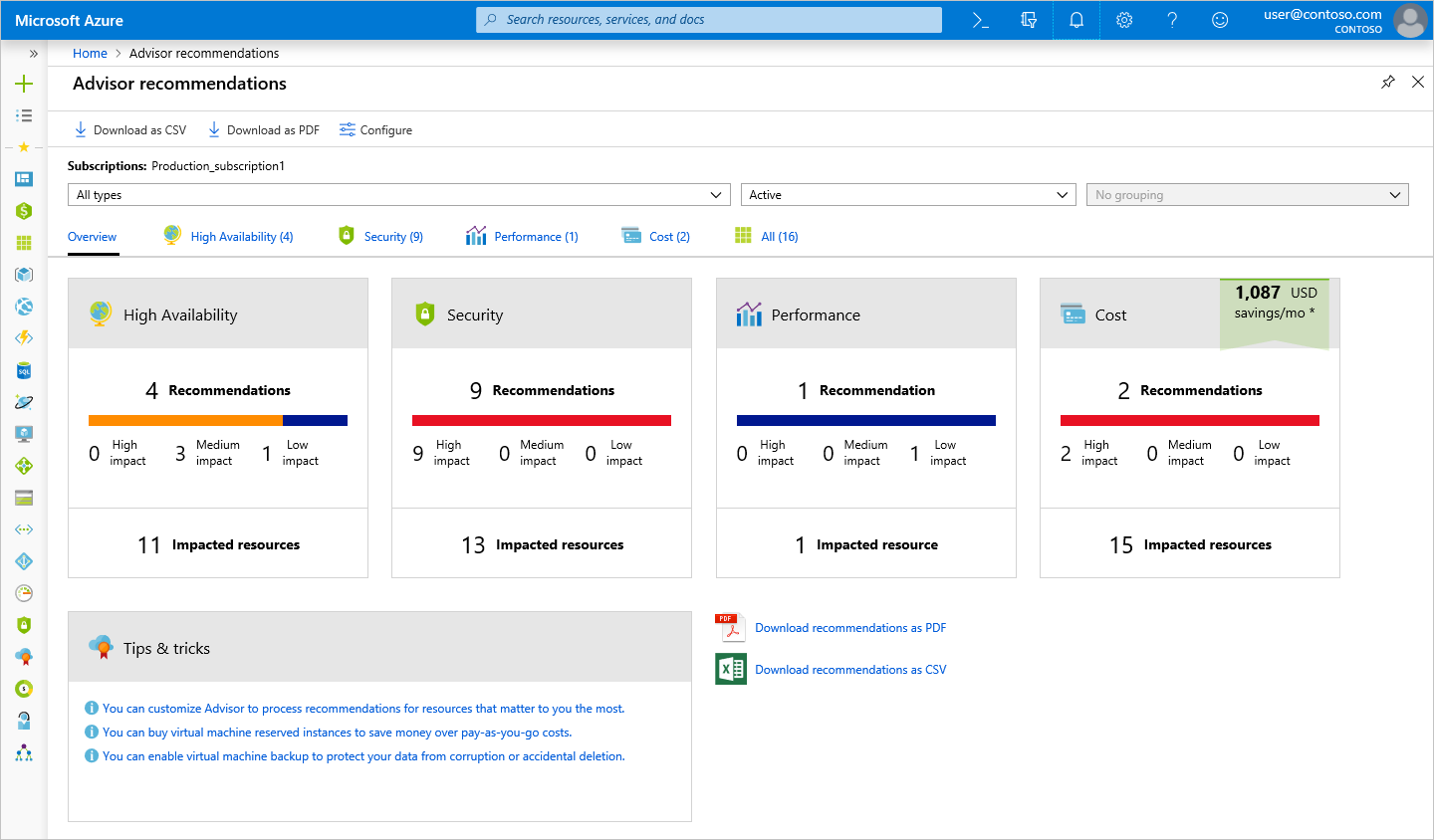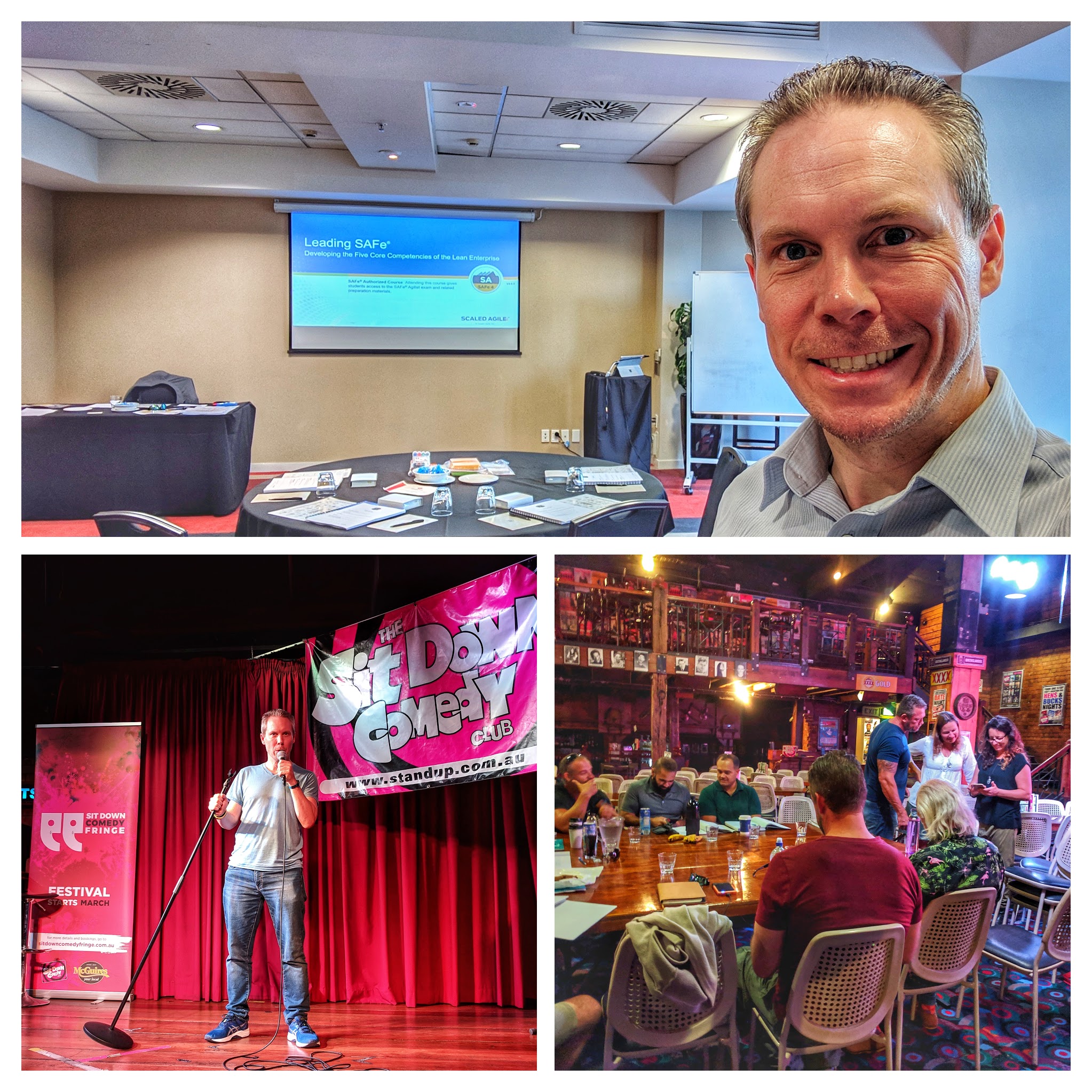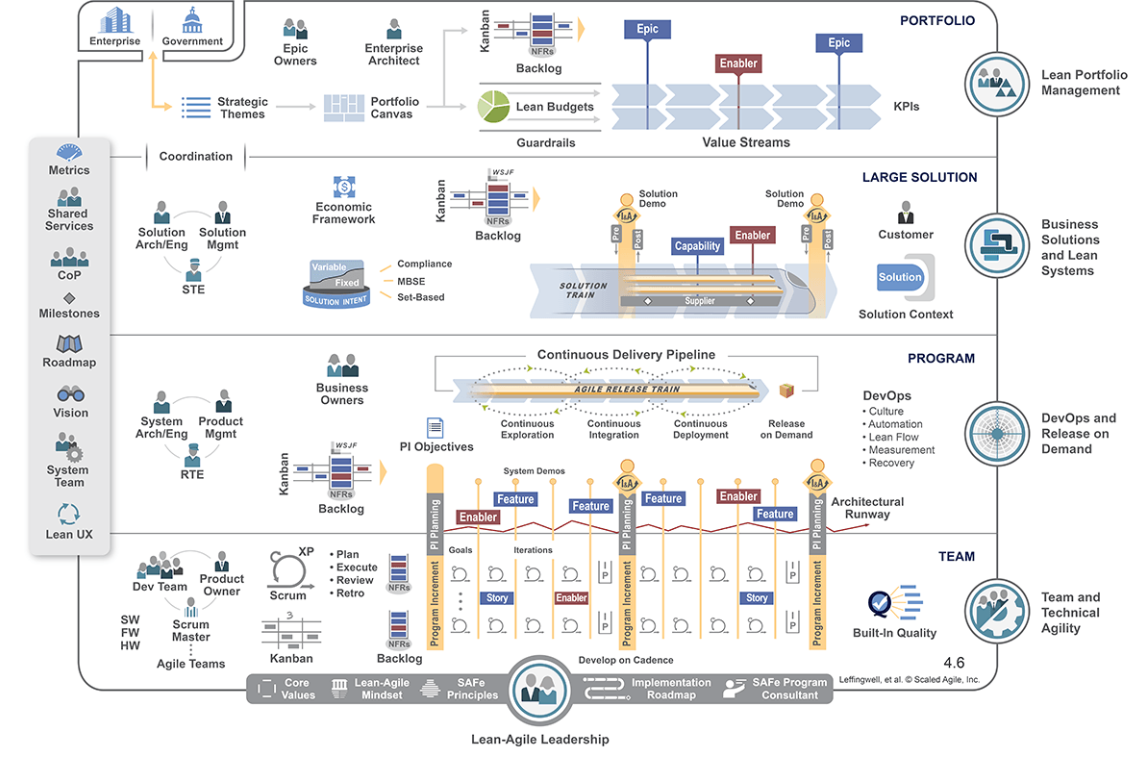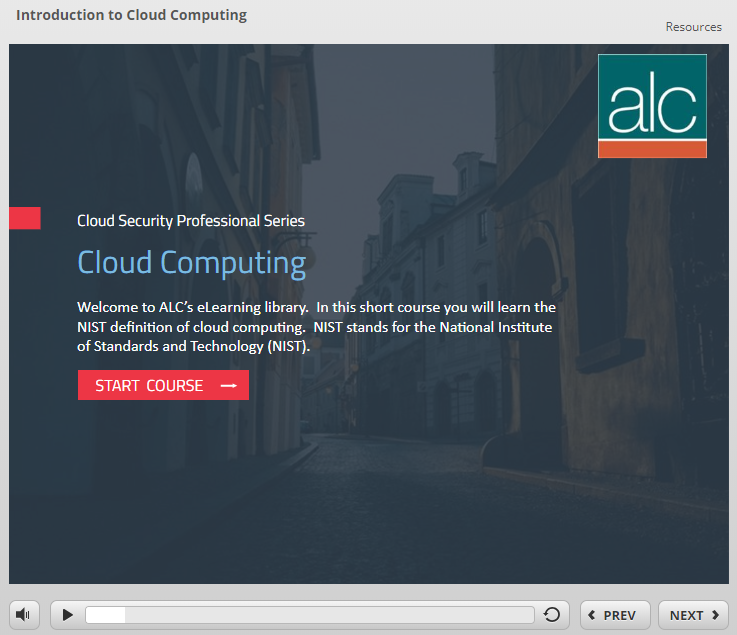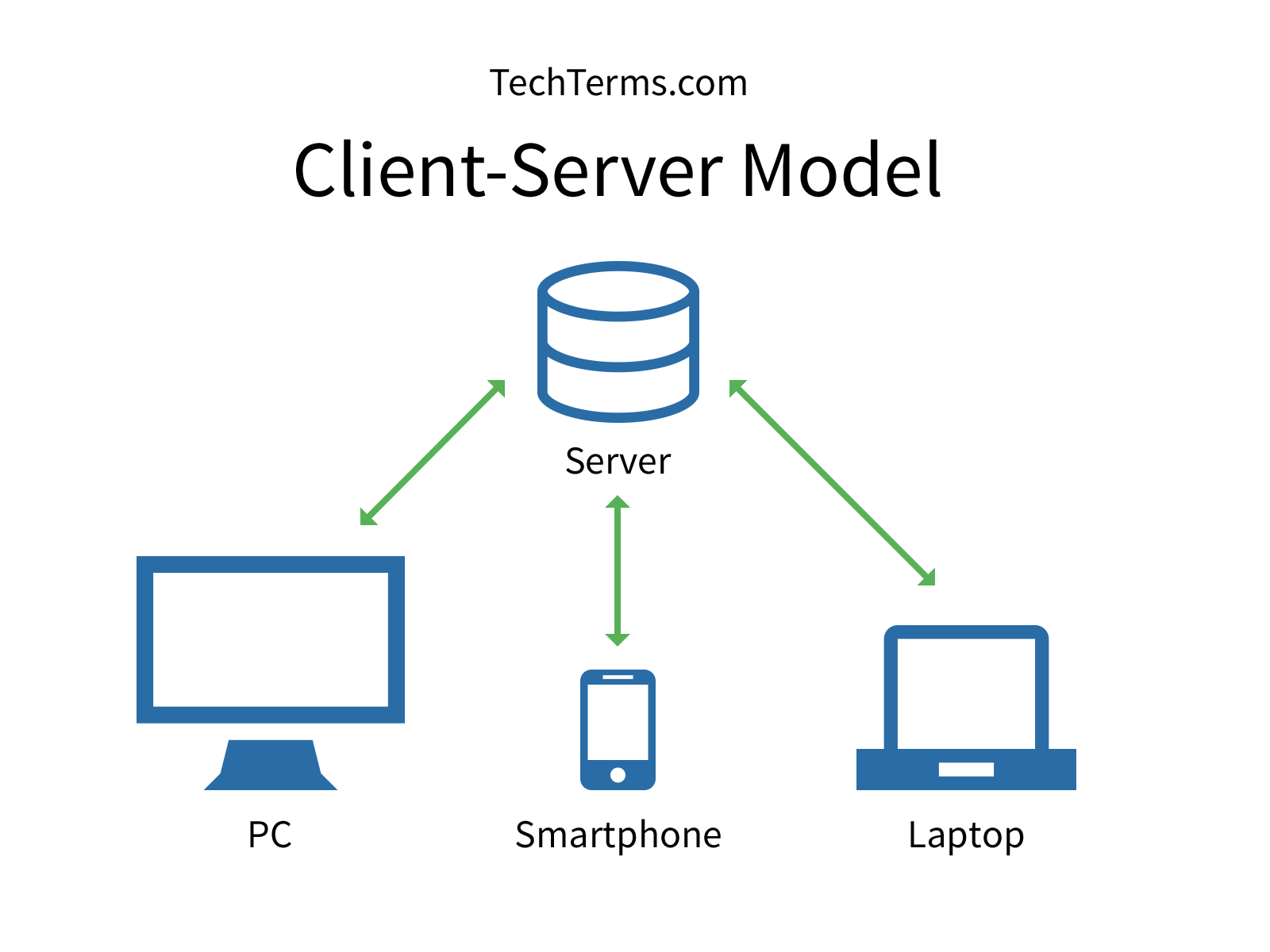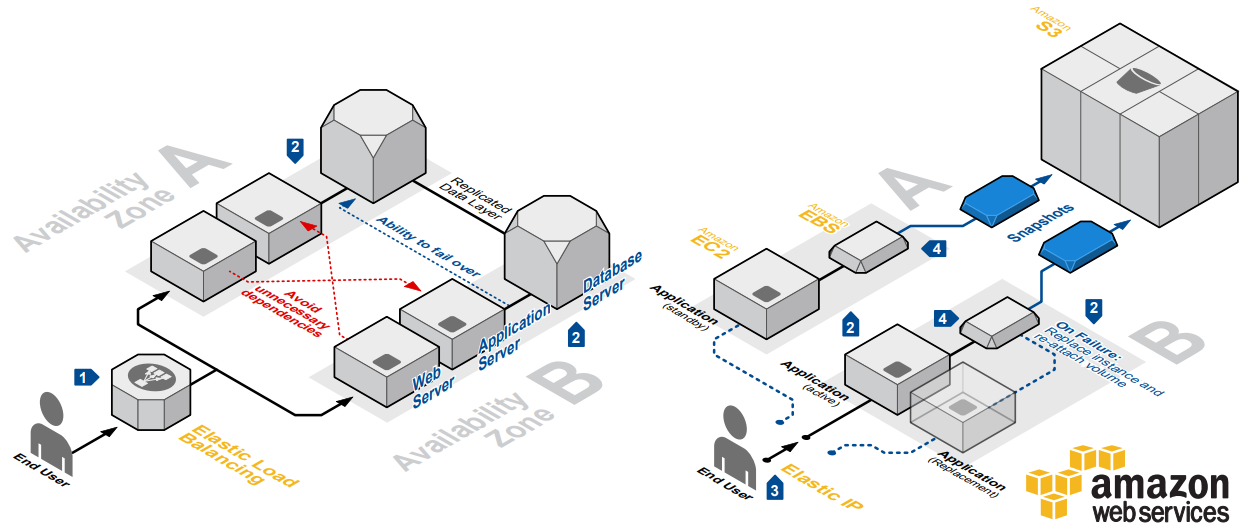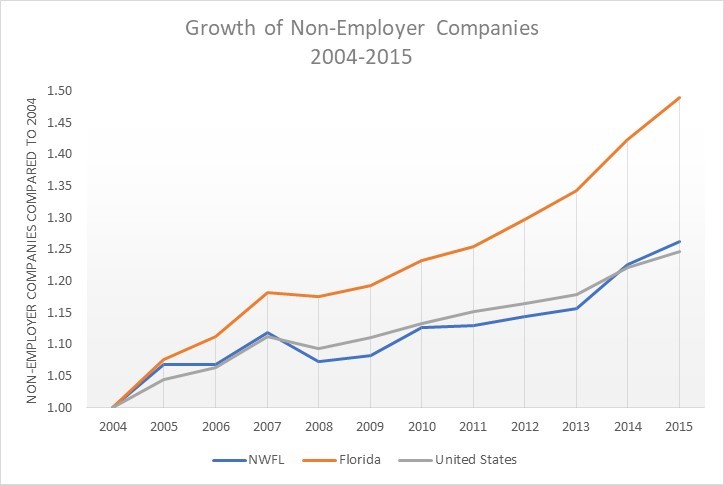Digital Transformation is the ability of an organisation to remain competitive. By using new technologies more effectively than their competitors, this leads to greater market share, lower price points, improved product and/or service quality and constant innovation for clients. But where do you start?
This article is designed for medium to large organisations that want to know how to do this. I’ll draw on my 20 years of experience as an enterprise and solution architect with DXC technology. I was fortunate enough to help a range of clients which I can now couple with my knowledge as a trainer, across the 12+ courses that I now run.
Click to open the infographic below to see a snapshot of the steps to take to perform a digital transformation successfully.
Here is my list of key steps in order:
- Use an Agile framework to help structure the entire transformation. My recommendation is to use the Scaled Agile Framework or SAFe, coupled with The Open Group Architecture framework or TOGAF. This will involve sending all the senior leaders on a Leading SAFe 2-day course, your architects, engineering and development functions on TOGAF Part 1 and Part 2 4 day course.
- Understand what business objectives you’d like to achieve in the next 3-5 years.
- Work with all the key stakeholders to develop a common mission and vision.
- Send your security experts to become certified on the Certified Cloud Security Professional certification.
- Identify key execution leaders, usually the program manager, a senior project manager and the lead architect, to go onto the 4-day Implementing SAFe course to become SAFe program consultants. I wouldn’t recommend relying on outside consultants unless you want to hire someone.
- Run a value stream workshop with the key stakeholders to determine the best value stream to take forward that will deliver your first epic and the associated top 5-10 features.
- Start running internal Leading SAFe workshops to ensure everyone know how SAFe works and outline the value stream that we’re going to take forward. Use the workshop to seek feedback and help improve the decision-making process.
- Think about training for your technical resources. So unless you’ve been living under a rock, you’re probably looking at Office 365 Security & Compliance (2 Days) and either AWS Quickstart (1 Day) or Azure Fundamentals (1 Day). My personal pick is to stay with Azure. It’s the most popular with my students in Australia. You could also consider Google and Oracle. I’ve had a handful of people use Google and only 2 use Oracle. I think they were from Oracle.
- Identify the first Agile Release Train, be clear on what success looks like and ask your people to self-organise across the train, using the SAFe principles. Blend in the principles from the enterprise / solution architecture function and seek feedback from the teams.
- Perform a training needs analysis workshop, by involving all those people that are required to build and deliver the solution. This is where you’ll need to identify the technical and soft skills that will be missing. This will include specific vendor product training, probably through eLearning methods and vendor training.
- For soft skills, start thinking about cultural change programs for everyone on the trains. I’d recommend DevOps Foundation for everyone, DevSecOps Engineering for security and lead developers and DevOps Leader for the key leaders managing the train.
- Don’t forget to bring the business on the journey too, so I can recommend the Cloud Computing Foundation (2 Days), designed for non-technical professionals and leads to an accredited APMG certification.
- Almost certainly your transformation will contain a significant data component, so I can recommend training for all your technical resources on the newly released Enterprise Big Data Professional certification.
- At this stage, you’ll be very close to deploying your first Agile Release Train, so you’ll need to ensure the relevant people have attended the SAFe Product Manager, Scrum Master and SAFe for Teams courses.
- Finally, launch your train through a face-to-face Program Increment (PI) Planning workshop and allow your SAFe Program Consultants and Scrum Masters to coach the teams to success. Don’t forget to measure at every step to show progress. This is all explained in the SAFe implementation roadmap. If followed correctly, you’ll be delivering multiple features in the first 50 days.
- Over time you’ll launch more trains, that are aligned to value streams to deliver more epics and features. As you grow, the trains will become much faster and with a team of 125 people or more, you’ll delivering features much faster than ever before.
- Importantly, constantly track where you are in your business objectives, your mission and vision, to ensure you keep the trains on the tracks. There is where the Lean Portfolio Management components in SAFe that helps with the governance piece of this.
Do you have questions with these steps? Contact our awesome ALC Training team!








